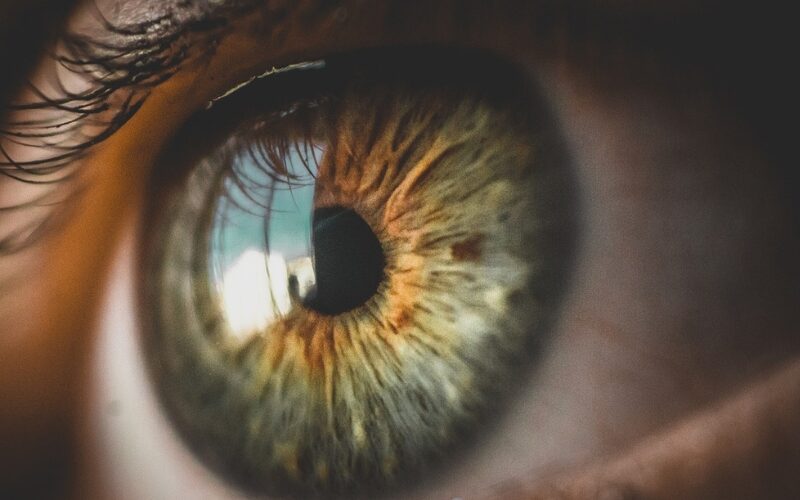January marks Glaucoma Awareness Month, a critical period dedicated to raising awareness about glaucoma—a group of eye diseases that damage the optic nerve and can lead to irreversible blindness if left untreated. Often referred to as the “silent thief of sight,” glaucoma typically presents no early symptoms, making regular eye examinations essential for early detection and intervention.
Understanding Glaucoma
Glaucoma encompasses various conditions that result in optic nerve damage, often associated with increased intraocular pressure. The most common form, open-angle glaucoma, develops gradually and painlessly, leading to peripheral vision loss over time. Without timely diagnosis and treatment, it can progress to complete blindness. In the United States, nearly 3 million people are affected by glaucoma, yet half remain unaware due to the absence of symptoms and limited awareness.
The Importance of Early Detection
Early detection through comprehensive, dilated eye examinations is crucial in preventing permanent vision loss caused by glaucoma. Since the disease often lacks early warning signs—such as pain, discomfort, or blurry vision—individuals may not realize they have glaucoma until it reaches an advanced stage. Regular eye exams enable healthcare professionals to identify glaucoma in its early stages, allowing for timely intervention to slow or halt the progression of the disease.
Risk Factors
Several factors increase the risk of developing glaucoma, including:
- Age: Individuals over 60 are at higher risk.
- Family History: A family history of glaucoma increases susceptibility.
- Ethnicity: African Americans, Hispanic Americans, and Asian-Americans are at higher risk.
- Medical Conditions: Conditions like diabetes and hypertension can elevate risk.
- Prolonged Steroid Use: Long-term use of corticosteroids may increase intraocular pressure.
Preventive Measures
While there is no cure for glaucoma, early intervention can often prevent further damage and help preserve vision. Treatment options include medications, laser therapy, and surgery, depending on the type and severity of the condition. Maintaining regular eye examinations, especially for those at higher risk, is the most effective strategy for early detection and management.
Spreading Awareness
During Glaucoma Awareness Month, organizations like the National Eye Institute and the Glaucoma Research Foundation emphasize the importance of education and proactive eye health management. By increasing awareness and access to resources, we can encourage early detection and intervention, which are vital in combating this sight-stealing disease.
Regular eye check-ups are essential for everyone, particularly those with risk factors. Early detection and treatment are crucial to preventing permanent vision loss from glaucoma. If you haven’t had an eye examination recently, consider scheduling one this January to safeguard your vision.

